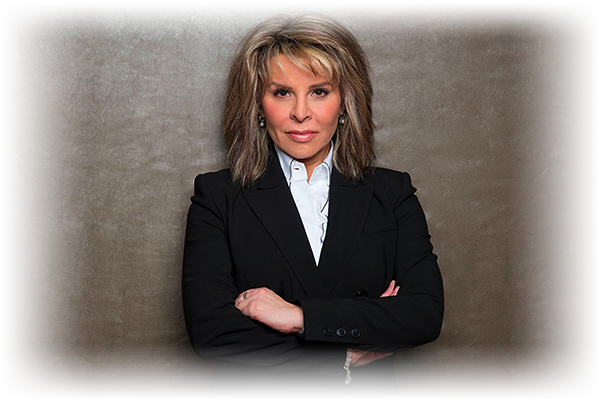We’ve heard the complaints, often while in the corporate setting, about the “millennials”. “These millennials think the world owes them”, or, “these millennials want everything handed to them on a silver platter”, or my personal favorite, “these millennials don’t want to do what it takes to get to the top.”
But wait! Perhaps “These millennials” have it right? Perhaps “These millennials” know their brand. Sure, there may be some outliers to the curve, but conceivably, if we stop to ponder the movement, maybe the baby boomers and other generations could benefit by observation. Perhaps “These millennials” recognize the potential pitfalls of “getting to the top”. Perhaps, “These millennials” are setting boundaries for physical asset preservation, realigning their values and beliefs.
All one has to do is visit the news feeds of LinkedIn these days to see post after post about poor leadership, organizations mistreating their employees, running them into the ground, overworking them, bending the ‘human resources” rules just enough to avoid litigation. With stress leaves, suicides, drug abuse, and mental illness at an all-time high the markers are there.
Perhaps it’s the baby boomers that have lost sight of their brand. Investment in one’s physical asset- health and wellbeing- has proven to yield exponential rewards in terms of productivity, creativity, and innovation. Many of us have experienced it at one time or another. Dwindling resources to meet profit expectations. Politics that metaphorically resembles the Game of Thrones. The slippery slope of fear-based cultures to achieve employee compliance in pursuit of achievement of the “bottom line”. The research is very clear, employee discontent leads to lack of productivity and, in the long run, decreased profitability, yet, it continues. Not only does it affect the brand of the organization, but it affects brands the organization produces and, ultimately the customer. Unhappy, stressed, exhausted employees are not physically or emotionally able to bring their best game to the table.
Ironically, organizations that are “well oiled” machines, clearly demonstrating the expertise of employee centricity to achieve year over year profitable growth, are not the norm! Conceivably, the millennials may realize the secret: when organizations operate with a strong moral compass and embrace an authentic employee-centric mentality, their success will be inevitable.
Costco continues to be a hallmark example: By treating its employees well, Costco can create a customer-focused experience for everyone who enters the door. No doubt you have heard of the term “Happy wife, happy life”? Well, how about, “Happy employee’s, thriving company!”
Daily, large retailers are closing their doors with the advent of online giants like Amazon, yet Costco has become something of a unicorn in the brick-and-mortar industry. While employees at other chains express concerns over low wages, unrelenting work hours, and questionable management choices, the 200,000-plus ground troops at Costco’s massive shopping centers rave about generous pay ($13 to $22.50 hourly, depending on seniority), comprehensive benefits and pension plans, work-life balance all supported with enviable leadership. After one year of employment, the turnover rate is only 6 percent, compared to an average of 16 percent across the retail industry. Not having to incur costs of training replacements is just one reason the company keeps prices low and draws customers through the door. Then, of course, are the smiles that greet you as you walk in. The “happy to help you” customer service one experiences as you make your way through the store after a long hard day of work then having to “brave” the Costco lineups to get what you need. But hundreds and hundreds of people do it every day and willingly because of the experience. Oh, and one more thing: Costco knows that when the customer is happy and enjoying their experience, they tend to buy more!
Still think “These millennials” have it wrong? Maybe or maybe not. One of the great business minds of our time, Seth Godin, sums it much better than I:” As you can see, modifying a game you’re already playing because you don’t like how it’s turning out isn’t nearly as useful as picking the right game in the first place.”

